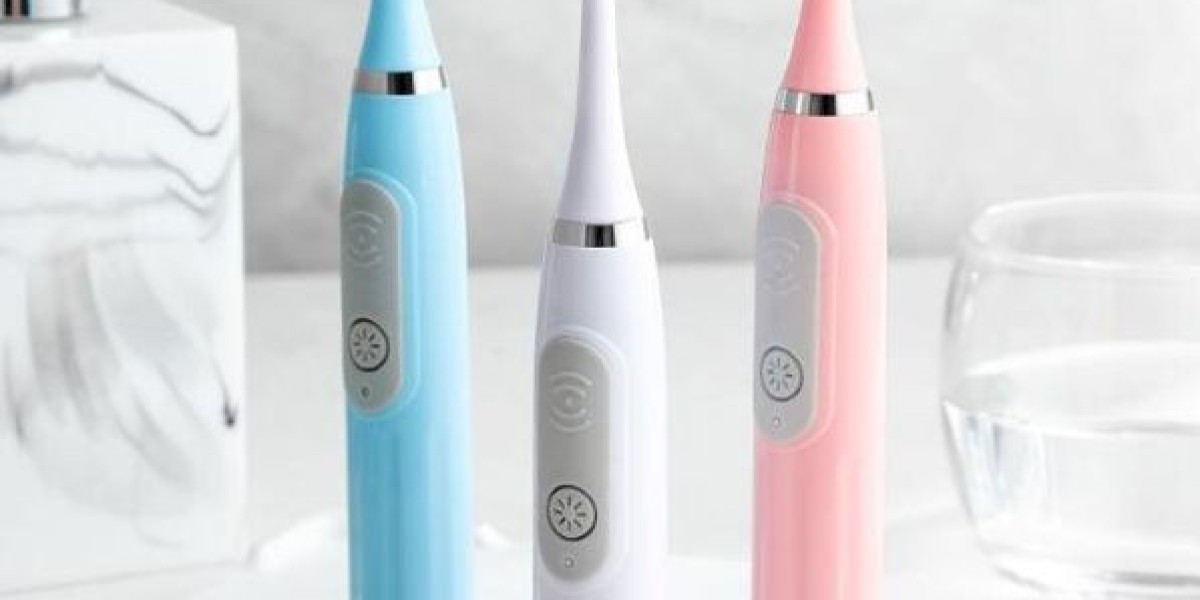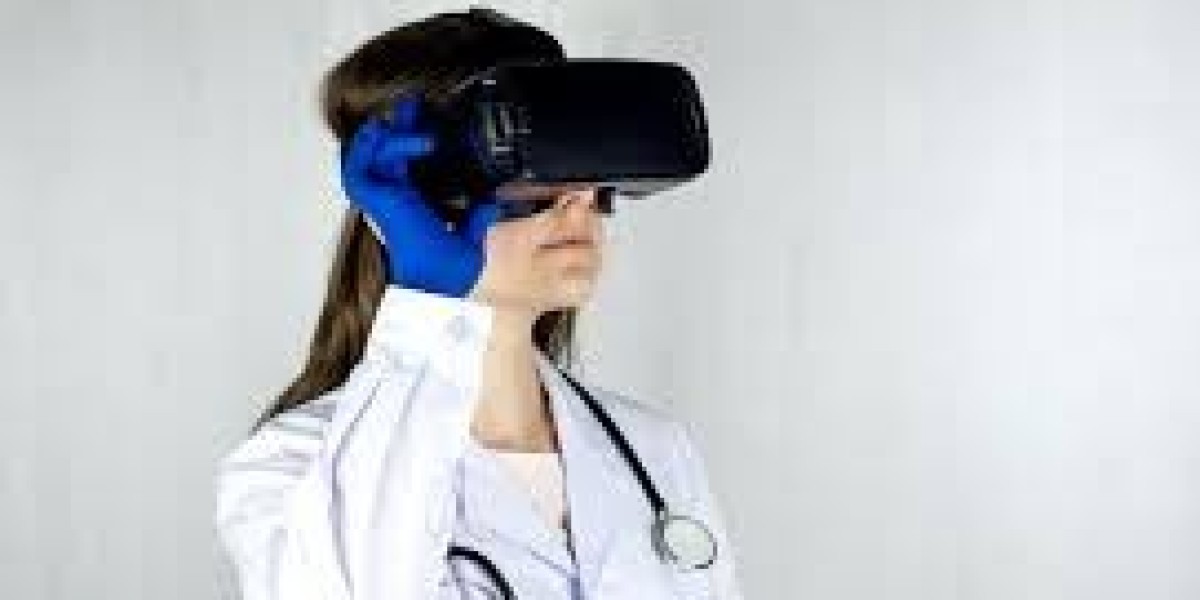The electric toothbrush market has been continuously evolving with technological advancements aimed at improving the user experience, enhancing dental health outcomes, and making oral hygiene more efficient. As consumer demand for convenience and innovation grows, manufacturers are introducing new features that offer personalized brushing routines, better cleaning, and smarter feedback systems.
Rise of Smart Toothbrushes
One of the most significant technological breakthroughs in the electric toothbrush industry is the development of smart toothbrushes. These toothbrushes connect to smartphones via Bluetooth, allowing users to track their brushing habits. Through dedicated apps, users can monitor brushing time, pressure, and even locations missed during brushing. Smart sensors can guide users to use the optimal pressure for effective plaque removal while preventing gum damage. These devices give real-time feedback to enhance brushing efficiency and teach users the best practices.
Additionally, smart toothbrushes use advanced brushing modes (like gum care, sensitive, and whitening) that help target specific oral needs. By tracking usage over time, the technology can recommend brushing routines tailored to individual needs, improving brushing habits and, ultimately, oral health.
Sonic Technology for Superior Cleaning
Sonic technology, already a game-changer for electric toothbrushes, has seen significant advances in recent years. Newer sonic toothbrushes now operate at frequencies exceeding 40,000 vibrations per minute, which leads to better plaque removal and deeper cleaning. These ultrasonic frequencies create tiny bubbles that clean hard-to-reach areas, even between teeth, which conventional manual brushing can’t achieve. As a result, sonic toothbrushes are increasingly preferred for achieving a professional-grade clean at home.
Manufacturers have also designed better battery technology and waterproof systems for sonic toothbrushes, ensuring longer usage without sacrificing performance. These upgrades contribute to a more enjoyable and efficient brushing experience, driving further adoption in the marketplace.
Artificial Intelligence Integration
Artificial intelligence (AI) integration in the electric toothbrush market has introduced adaptive cleaning features. Toothbrushes powered by AI adjust brushing speeds based on the user’s habits and real-time data collection. For example, some AI-powered brushes detect areas of the mouth that require more time and pressure for a thorough clean and adjust their brushing speed accordingly. Others use AI to suggest optimal brushing patterns for users with braces, dental implants, or other specialized needs.
This technology enhances the user experience by learning and adapting over time to ensure consistent results. Additionally, manufacturers are incorporating AI to create custom alerts, such as reminders to change the brush head or schedule a dental check-up, reinforcing user engagement.
Improved Battery Life and Charging Features
An important advancement for the electric toothbrush market has been in battery technology. Many newer models boast longer-lasting batteries, allowing for several weeks of use on a single charge. Some devices now offer fast-charging features—such as full battery capacity in just an hour—providing more convenience to the user.
Wireless charging is another innovation that eliminates the need for physical charging cords. Some high-end models offer charging stations that also serve as sanitizing docks using UV light, ensuring the brush heads are hygienic for the next use.
Sustainability and Environmentally Friendly Design
As consumer awareness of environmental issues rises, electric toothbrush manufacturers are focusing more on sustainability. Many companies now offer replaceable brush heads made from eco-friendly materials like recyclable plastics and bamboo. Some brands have introduced biodegradable toothbrush models and are taking steps to offset carbon emissions in the manufacturing process.
Sustainability efforts are not limited to the products themselves; several brands have adopted subscription models, allowing users to conveniently receive eco-friendly replacements without waste. This trend has garnered increased attention from consumers who wish to align their purchasing choices with their commitment to sustainability.
Key Players and Future Growth in the Market
Global leaders in the electric toothbrush industry include Oral-B, Philips Sonicare, Colgate, and Panasonic. These companies continuously develop new technologies that push the boundaries of smart toothbrush capabilities. The increasing demand for connected oral health solutions and the ongoing advancements in battery life, AI, and sonic technology suggest that the electric toothbrush market will continue to experience impressive growth.
Moreover, the rising number of consumers seeking oral health benefits beyond basic brushing—such as those offered by customized, smart features—will contribute to market expansion. Innovations in AI and sustainability further promise to shape a more technologically advanced and eco-friendly future for oral hygiene products.
Conclusion
The electric toothbrush market has witnessed tremendous technological advancements in recent years, from the development of AI-powered, smart toothbrushes to improvements in battery life and sustainability. These innovations aim not only to make dental care more efficient and personalized but also to promote healthier brushing habits globally. As these technologies continue to advance, electric toothbrushes will play a crucial role in transforming how individuals approach oral hygiene and health care.



